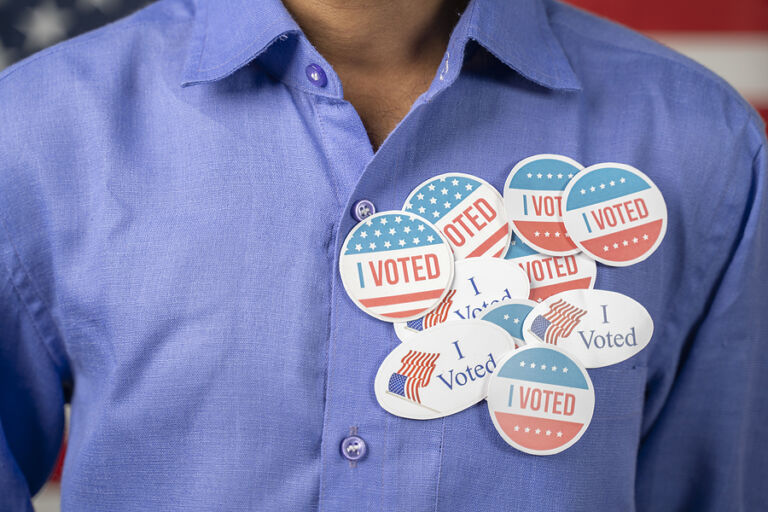Here’s the central point of the Supreme Court’s opinion, written by Chief Justice John Roberts, regarding the healthcare mandate. Basically, the mandate is not justified by the Commerce Clause or the Necessary and Proper Clause, but it does fall under Congress’s power to tax.
Under the mandate, if an individual does not maintain health insurance, the only consequence is that he must make an additional payment to the IRS when he pays his taxes. See §5000A(b). That, according to the Government, means the mandate can be regarded as establishing acondition—not owning health insurance—that triggers a tax—the required payment to the IRS. Under that theory, the mandate is not a legal command to buy insurance. Rather, it makes going without insurance just another thing the Government taxes, like buying gasoline or earning income. And if the mandate is in effect just a tax hike on certain taxpayers who do not have health insurance, it may be within Congress’s constitutional power to tax.
However, the Court’s dissenting opinion points out that the law clearly imposes a penalty, which is “mutually exclusive” from a tax, on anyone who chooses not to buy health insurance:
In all our cases the two [a penalty and a tax] are mutually exclusive. The provision challenged under the Constitution is either a penalty or else a tax… It is important to bear this in mind in evaluating the tax argument of the Government and of those who support it: The issue is not whether Congress had the power to frame the minimum-coverage provision as a tax, but whether it did so.
In answering that question we must, if “fairly possible,” Crowell v. Benson, 285 U. S. 22, 62 (1932), construe the provision to be a tax rather than a mandate-with-penalty, since that would render it constitutional rather than unconstitutional (ut res magis valeat quam pereat). But we cannot rewrite the statute to be what it is not…
In a few cases, this Court has held that a “tax” imposed upon private conduct was so onerous as to be in effect a penalty. But we have never held—never—that a penalty imposed for violation of the law was so trivial as to be in effect a tax. We have never held that any exaction imposed for violation of the law is an exercise of Congress’ taxing power—even when the statute calls it a tax, much less when (as here) the statute repeatedly calls it a penalty. When an act “adopt[s] the criteria of wrongdoing” and then imposes a monetary penalty as the “principal consequence on those who transgress its standard,” it creates a regulatory penalty, not a tax. Child Labor Tax Case, 259 U. S. 20, 38 (1922).
So the question is, quite simply, whether the exaction here is imposed for violation of the law. It unquestionably is.
The distinction is extremely important. This ruling effectively sets the precedent that the government can “tax” Americans for doing anything authorities don’t like, and for not doing anything they do like. Somehow I don’t think that’s what the Founders had in mind.


